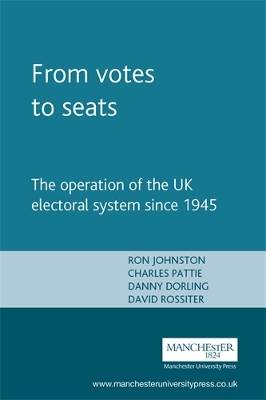The British electoral system treats parties disproportionately and differentially. This original study of the 14 general elections held between 1950 and 1997 shows that the amount of bias in those election results increased substantially over the period, benefiting Labour at the expense of the Conservatives. Labour's advantage peaked at the 1997 general election when, even assuming there had been an equal share of the votes for the two parties, it would have won 82 more seats than its opponents. This situation came about because of different aspects of two well-known electoral abuses - malapportionment and gerrymandering - which operate despite the non-partisan redistribution processes involved in defining new constituencies conducted on five occasions by the independent Boundary Commissions during the period studied. With the use of imaginative diagrams the book examines these processes in detail, illustrating how they operate and stresses the important role of tactical voting in the production of recent election results.
The book will be of great interest to all students of the British electoral system, not least those concerned with its potential reform, for which the authors make detailed proposals.
- ISBN10 0719058511
- ISBN13 9780719058516
- Publish Date 28 June 2001 (first published 1 June 2001)
- Publish Status Out of Print
- Out of Print 29 June 2007
- Publish Country GB
- Imprint Manchester University Press
- Format Hardcover
- Pages 264
- Language English
